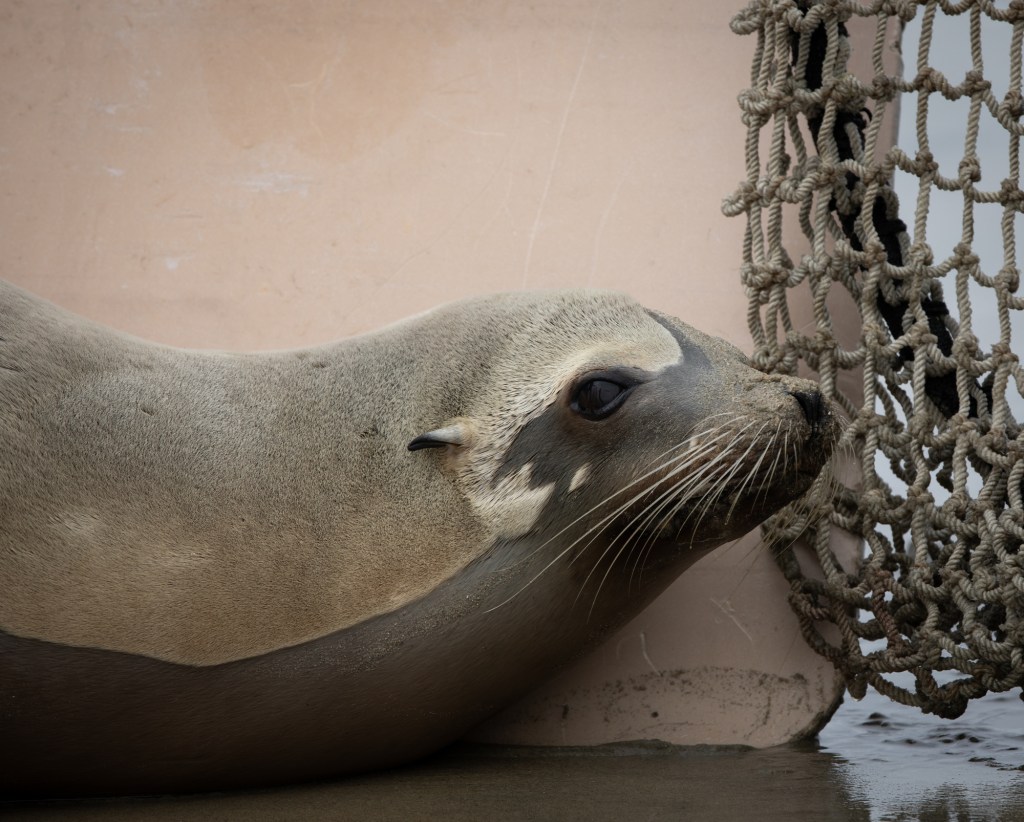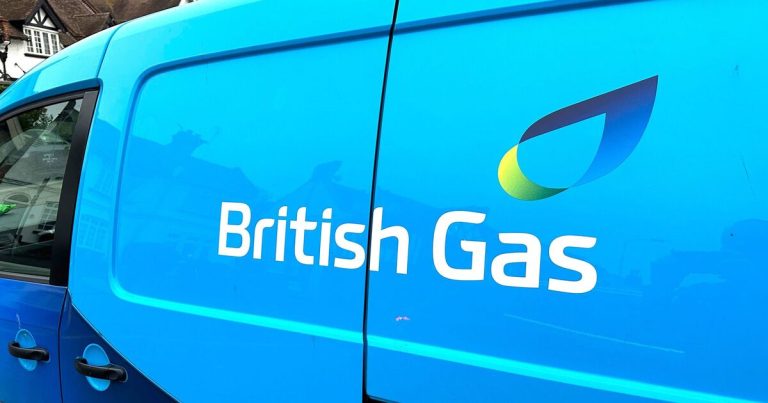

SeaWorld San Diego’s rescue team picked up a California sea lion Saturday night after it wandered onto a Carlsbad street while displaying what animal-care staff believe may be symptoms of domoic acid poisoning caused by a harmful algae bloom.
The rescue team was called by Carlsbad police around 10 p.m. after the pinniped was spotted in the bike lane of Carlsbad Boulevard north of Island Way, near the Pelican Point beach campground, officials said.
A passerby had called police about the sea lion, which appeared to be around 150 pounds, Carlsbad police Sgt. George Zavala said.
SeaWorld workers arrived at the location around 10:45 p.m. and found that officers had set up traffic cones to keep cars away, SeaWorld spokesperson Tracy Spahr said.
“She was more in the bike lane… definitely on the road and the police were amazing,” Spahr said in a text message. “They blocked off the road for us so that we could be safe with that rescue.”
Since February, there has been an ongoing outbreak of domoic acid poisoning along the California coastline as a result of a seasonal algae bloom. A type of plankton called Pseudo-nitzschia produces a neurotoxin called domoic acid during the blooms.
When the plankton is consumed by fish or shellfish, it moves up the food chain and when birds and larger marine mammals eat affected fish or shellfish it can accumulate in their system. The toxin affects their hearts and brains, sometimes causing seizures or erratic or aggressive behavior.
SeaWorld confirmed the animal picked up late Saturday was exhibiting suspected domoic acid poisoning symptoms, Spahr said.
More than two dozen sea lions and a handful of birds suspected of domoic acid poisoning have been treated at the park’s rescue operation this year. In February, cases began to be reported in Santa Barbara and moved southward. SeaWorld began getting calls about similar cases about two weeks ago.
Humans who consume shellfish and fish also can be affected. On Friday, the California Department of Public Health advised the public not to eat “sport-harvested” mussels, clams or scallops gathered from waters in Los Angeles and Santa Barbara counties after dangerous levels of domoic acid were detected. The warnings do not apply to commercially sold bivalve shellfish from approved sources, which are subject to frequent mandatory safety testing, state officials said.
Originally Published:






